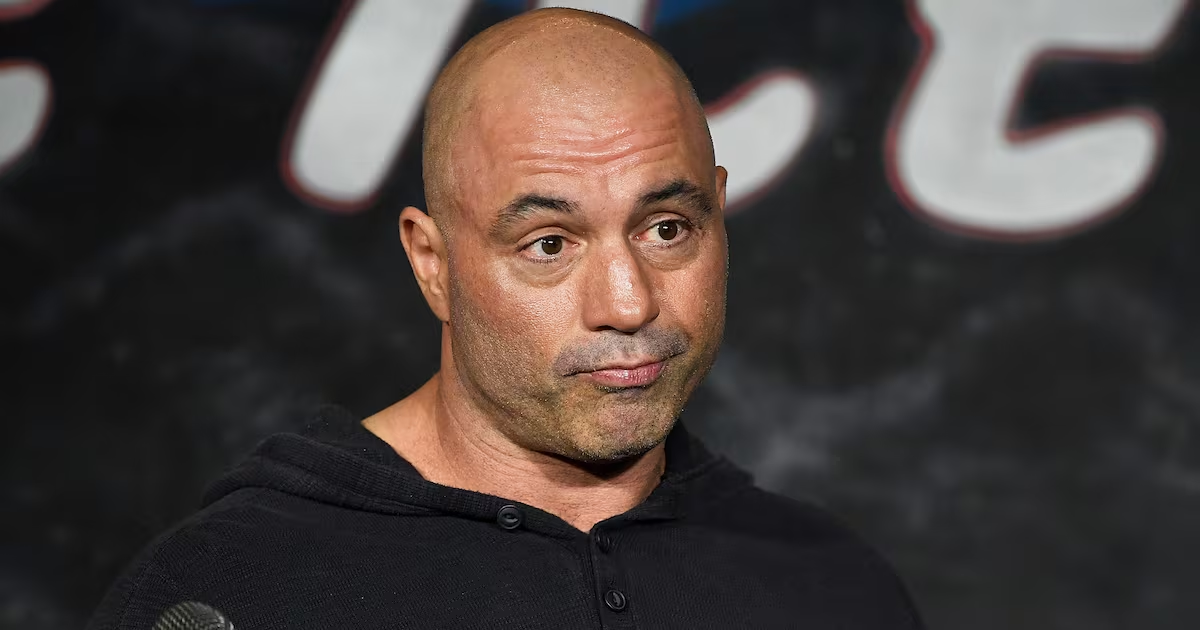In the end, “inevitable” came to take on a new meaning.
Where the term once conjured images of Hillary Clinton’s grudging ascendance, it now calls to mind something worryingly far out and vaguely orange. On Monday, electoral college voters across the country made it official when they overwhelmingly chose faithfulness: come January 20, 2017, Donald J. Trump will travel to Washington, place his hand on the Bible, and become President of the United States of America—not in a Razzie-nominated movie for which he would be qualified, but in real life.
We knew this fate, of course, the night of November 8. In first world democracies, the person who wins the election—according to the rules, the wisdom of those rules notwithstanding—becomes the president.
For Trump to have been denied the office would have required a deviation from the norms of the democratic process. That deviation most likely would have thrown the country into chaos, titled the world on its axis and caused mankind’s most famous head of hair to stand on its ends.
But that didn’t stop the pleading and protesting from those who couldn’t bear the reality that, although Clinton won by more than two million votes, those voters were not in the states needed to secure her the presidency. Instead, the presidency would be awarded to a man with no political experience, no political expertise and no apparent intellectual curiosity—one of just five instances in American history when the loser of the popular vote assumed the White House.
And so came the expensive recount from Jill Stein (who didn’t seem so concerned about a Trump victory when she was actually in a position to prevent it) and the marches all over American cities, with people shouting “not my president,” and then the last ditch hope that maybe, despite any evidence that it was actually likely, the electors would come to their senses and go rogue—become “faithless,” as they’re known when they place their vote for someone other than the person who won. A group, calling themselves the Hamilton Electors formed, with the hope that votes would not be flipped for Clinton, but that some other Republican—any other Republican—might be chosen instead, whatever it would take to stop Trump.
That didn’t exactly work out on Monday, when the 538 electors met in state capitols and the District of Columbia to cast their votes. Texas put Trump over the 270 he needed to win before 5 pm.
For there to have been any hope that Trump would be denied the presidency, thirty-eight electors would have needed to change their votes. That didn’t happen.
At the Capitol building in Olympia, Washington, protesters accumulated in the forty degree chill. Inside, three electors chose Colin Powell, the former Secretary of State under George W. Bush.
An additional elector chose Faith Spotted Eagle, a Native American elder. In Maine and Minnesota, electors voted against Trump and Clinton, too—for Bernie Sanders.
David Bright, a Democratic elector in Maine who could face a fine for his vote, said in a statement, “I cast my vote for Bernie Sanders not out of spite, or malice, or anger, or as an act of civil disobedience…I mean no disrespect to our nominee. I cast my vote to represent thousands of Democratic Maine voters ― many less than a third my age ― who came into Maine politics for the first time this year because of Bernie Sanders.”
And one Colorado elector was swiftly replaced when he refused to vote for Clinton.
Chris Suprun, a Republican elector from Texas, said he would vote for Ohio Governor John Kasich, who dropped out of the Republican primary back in April. The president-elect, he wrote in a New York Times op-ed this month, “shows daily he is not qualified for office.”
He added, in The Hill, “Ronald Reagan did not win the Cold War so that Vladimir Putin could pick our next president less than 50 years later.”
They would have no such luck.
For as long as Trump has been a professional politician—which is to say eighteen months and four days, not that anyone is counting—there’s existed this notion that the country will be protected from his inherent illegitimacy by our various safeguards. But, as Steven Levitsky and Daniel Ziblatt, two Harvard University government professors, recently argued in the New York Times, much of what we consider to be American democracy’s safeguards are actually just functions of tradition—they’re not enshrined in law, there’s no penalty for flouting them. “A well-designed constitution is not enough to ensure a stable democracy—a lesson many Latin American independence leaders learned when they borrowed the American constitutional model in the early 19th century, only to see their countries plunge into chaos,” they wrote.
The Republican Party establishment couldn’t, or wouldn’t, prevent a Trump nomination. And the voting system and the Illuminati and Katy Perry couldn’t prevent a Trump election. And now, too, the Electoral College has let him get away with winning while being himself.
In Michigan, protesters carried signs. One read, “Nyet Trump.”
But that, like everything else, doesn’t seem to matter.





